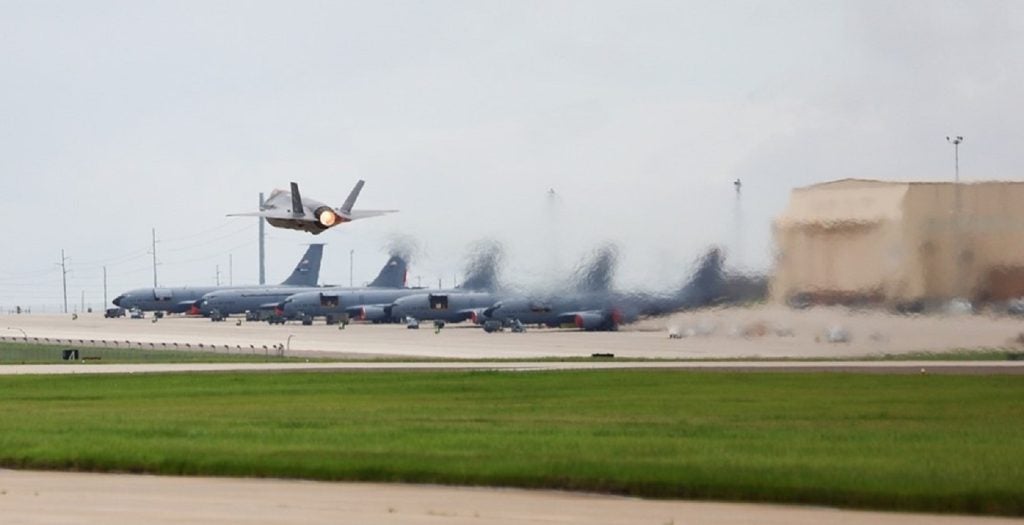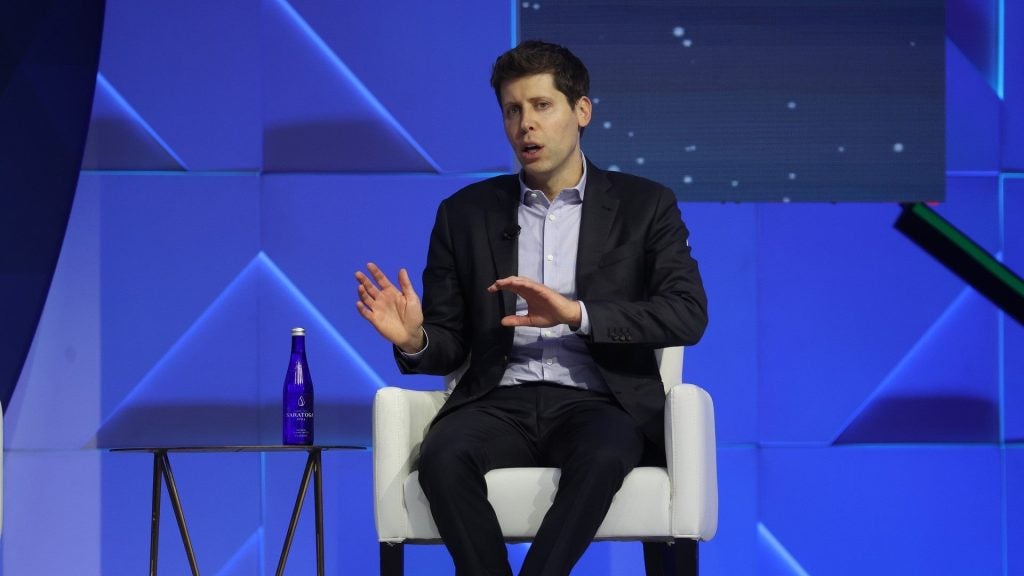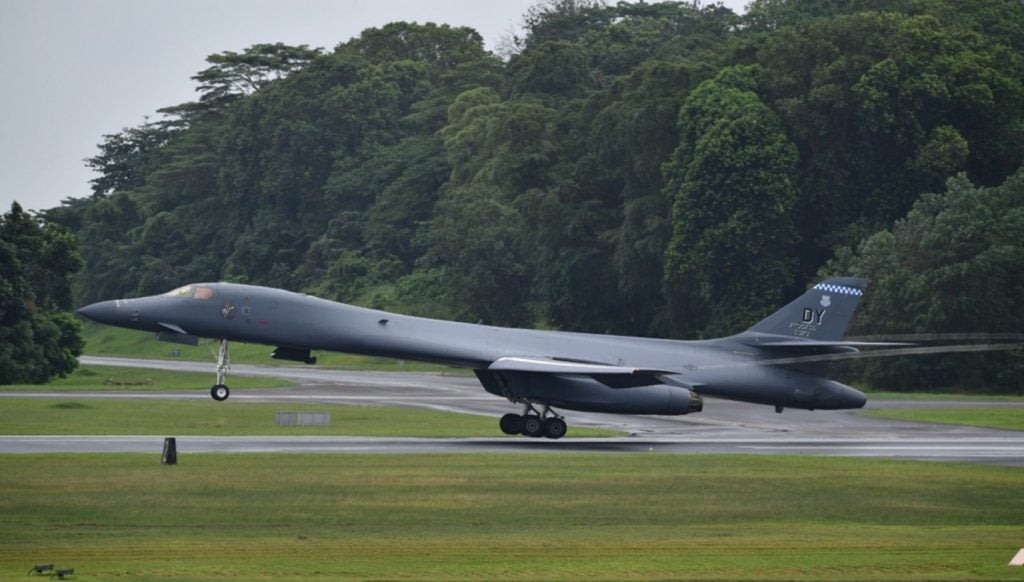In academia, as the bon mot goes, the feuds are so bitter because the stakes are so low. Judging by the ongoing battle over the US Air Force’s new aerial tanker decision, however, the battles are equally vicious when the stakes are so high.
On 29 February 2008, the USAF leaped into a new era, announcing that Northrop Grumman’s KC-30 model had beaten Boeing’s KC-767 entry in the competition to build 179 aerial refuelling tankers. The contract for the tanker, which the USAF has officially designated as the KC-45, could ultimately be worth over $40bn and as much as $100bn according to the latest guesses, and is certainly one of the largest defence contracts in history.
This loss is especially painful to Boeing for reasons besides the huge cash flows involved. First, the market regarded the Seattle giant as the clear favourite to win the contract, in part because of Boeing’s entrenched incumbent status – Boeing had been the sole supplier of tankers to the USAF for 52 years. Moreover, Northrop Grumman’s main partner is EADS (European Aeronautic Defence & Space Co.), the Franco-German-Spanish megafirm that includes Airbus, Boeing’s main competitor in the civil aviation market.
Boeing is not taking this blow lying down, however. On 10 March, Boeing announced that it would protest the USAF’s decision to the Government Accountability Office, which has 100 days to assess the complaint. Guy Pietrovito, a deputy assistant general counsel at the GAO, is responsible for this evaluation.
POLITICAL INTERVENTION
See Also:
As Congress’s investigative service, the GAO is theoretically independent of Pentagon politics, but on a deal this significant, there’s no way to prevent politics from rearing its ugly head.
How well do you really know your competitors?
Access the most comprehensive Company Profiles on the market, powered by GlobalData. Save hours of research. Gain competitive edge.

Thank you!
Your download email will arrive shortly
Not ready to buy yet? Download a free sample
We are confident about the unique quality of our Company Profiles. However, we want you to make the most beneficial decision for your business, so we offer a free sample that you can download by submitting the below form
By GlobalDataStrategic security: many conservative observers in the US are upset that a non-American firm will have such a large role in providing this underappreciated but nonetheless important piece of the military’s force structure. That EADS has a significant French component only aggravates these concerns, given France’s lukewarm support for the war on terror (prior to Sarkozy, at any rate).
As observers (and Northrop) have pointed out, however, the supply chain for the aviation industry is fairly global these days, so insuring total American control over all input is probably impossible and certainly inefficient in this case. The question, of course, is one of degree.
Economics and jobs: every weapons buyer these days insists on some local production and content, so why should the Pentagon be any different? Not surprisingly, EADS promised to site Airbus A330 assembly facilities (the commercial end of the KC-30 assembly process) in Mobile, Alabama, and indeed, at least 60% of the KC-45’s value will be domestically sourced. However, KC-767 production would have produced more jobs in the US, and not just in Washington State.
Defence exports: whether or not the increasingly competitive global arms export market was a factor in the USAF’s decision, the willingness of the Pentagon to let a foreign contractor participate in a key acquisitions programme from the ground floor should generate favourable foreign notice. US military contractors may find it increasingly difficult to crack the growing global market without showing that weapons development is a two-way street.
COMPETITION CORRUPTION
One issue that probably will be a wash is the integrity and ethics issue. In 2004, two Boeing executives served jail time due to a corruption scandal involving a multi-billion dollar tanker leasing deal. For its part, EADS currently faces an investigation in France over insider trading by key management figures.
The details of the competition, including both the officially announced requirements and the backstage storyline, are quite involved, but a few major themes emerge.
The size tradeoff: as the larger aircraft, the KC-30 holds more fuel, but by the same token has some operational limitations compared with the KC-767, which can land on more and shorter runways, for example.
The cost tradeoff: for the same amount of money, the USAF can have more but smaller KC-767s or fewer larger KC-30s.
The meaning of ‘proven’: Boeing obviously has vast tanker experience, but its KC-767 model had evidently exhibited some shortcomings as early as 2007, when the Saudi and UAE air forces picked the KC-30 over the KC-767. The key part of an aerial tanker is the refuelling boom, and although Northrop Grumman had never built one, Boeing’s new model apparently left the USAF unsatisfied.
Bait and switch accusations: Boeing and its allies claim that the USAF altered its decision criteria in mid-stream, after Boeing had tuned its KC-767 proposal for the original RFP. Regardless of whether this is true (and if so, justifiable on technical grounds), the systems analysis model the USAF uses to measure fleet capability was written and maintained by Northrop Grumman.
If nothing else, this last point illustrates the pitfalls of delegating too much managerial oversight and performance auditing to contractors. Even Mother Teresa would have been hard pressed to remain objective with 11-digit dollar sums on the table – and as the history of defence contracting shows, aerospace and defence executives are hardly saints.
As they say in Africa, when the elephants fight, the grass gets trampled. Mr Pietrovito, good luck.







